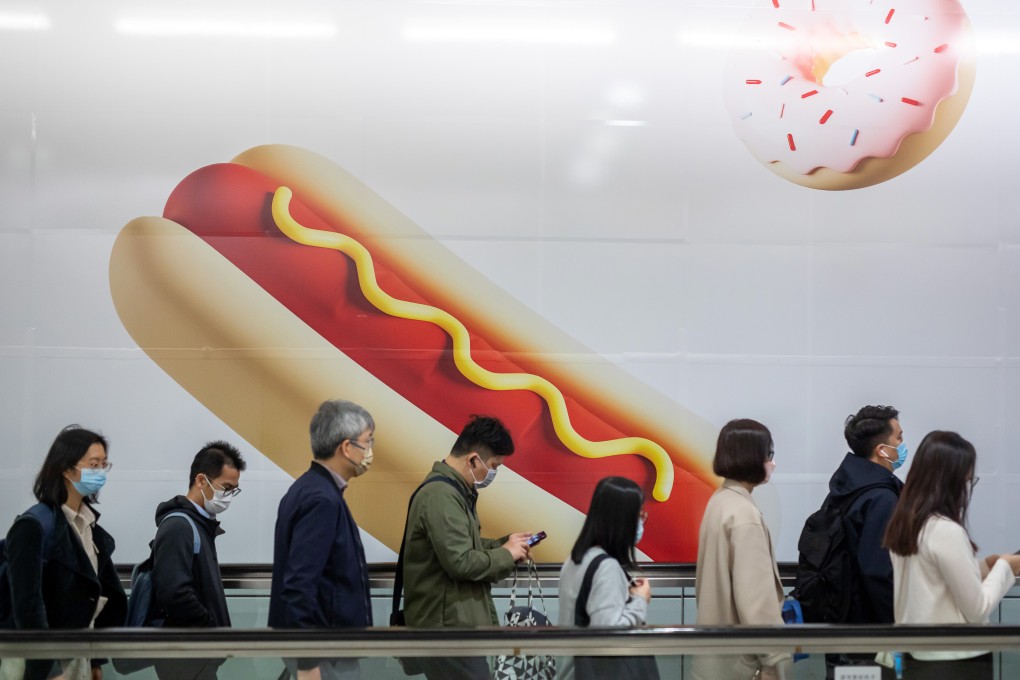Letters | Hong Kong’s public sector should lead the effort to narrow the gender pay gap
- Readers commend the RTHK for bucking the gender pay gap, decry the addiction to fossil fuel-run cars, say the future of a Polar Silk Road remains bright, and ask that tobacco deaths be treated as a public crisis on a par with Covid-19

In Hong Kong, women earned 33.3 per cent less than men in terms of their median monthly salaries in 2016, according to the Census and Statistics Department. Although the percentage dropped to 25 per cent in 2020, it is clear that the gender pay gap remains a major concern in the city’s job market.
The Civil Service Bureau maintains that its pay policy is gender neutral and based on the principle of meritocracy. The bureau does not consider that there is any issue of gender pay inequality within the government and has issued no report on the matter.
In contrast, the British government requires any organisation with at least 250 employees to report its gender pay gap information on a government website known as the gender pay gap service. The website publishes the gender pay gap reports of over 13,000 employers including nearly 2,000 from the public sector.
According to the reports, at the publicly-funded British Broadcasting Corporation (BBC), woman earned 9.3 per cent less than men in terms of their median hourly pay in 2017. This gap narrowed to 6.2 per cent in 2020.
To investigate the gender pay gap in the Hong Kong government, we selected RTHK, an organisation comparable to the BBC, to conduct a case study. Using data provided by the government, we found that for the 2020-21 financial year, among the 673 full-time employees at RTHK (362 females and 311 males), 32 women and 58 men earn in the lower monthly salary band. In the middle and upper salary bands, women make up the majority, at 266 and 64 respectively, compared to 194 and 59 for men. As a result, women’s average hourly pay stood at HK$303 (US$38), 4.8 per cent higher than for men.